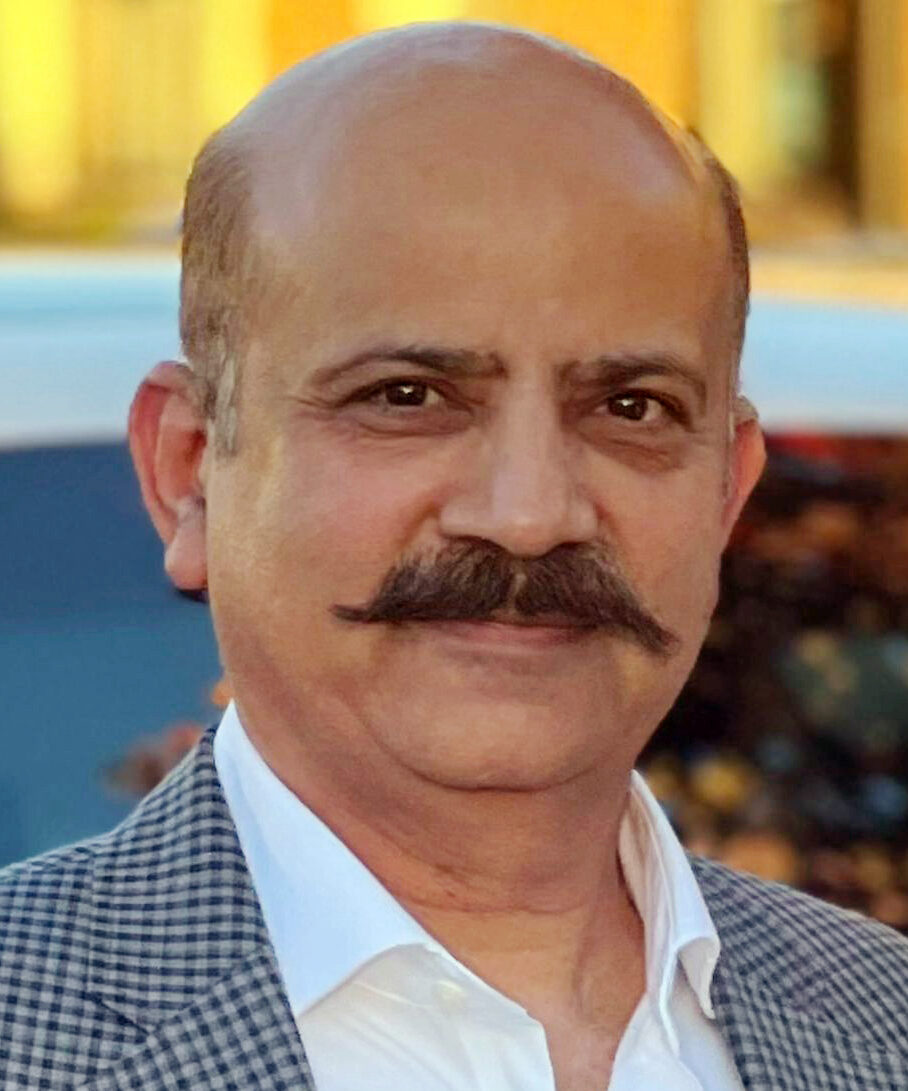Why Some Countries, Including the U.S., Won’t Join the I.C.C.

You have a preview view of this article while we are checking your access. When we have confirmed access, the full article content will load.
More than 120 countries are members of the court. The United States, China, India, Russia and Israel are not.

The International Criminal Court is the world’s highest criminal court, prosecuting warlords and heads of state alike. But several powerful countries, including the United States, do not recognize its authority and refuse to become members.
The court was created over two decades ago to hold people accountable for crimes against humanity, war crimes and genocide under the Rome Statute, a 1998 treaty. On Thursday, it issued warrants for Prime Minister Benjamin Netanyahu of Israel, Israel’s former defense minister, Yoav Gallant, and Muhammad Deif, Hamas’s military chief.
The United States, which has been involved in major conflicts since the court’s creation, has abstained from membership, seeking to prevent the tribunal from being used to prosecute Americans.
More than 120 countries are members of the court, including many European nations, and members are formally committed to carrying out arrest warrants if a wanted person steps on their soil. But powerful nations including China, India, Russia and Israel, like the United States, are not members.
U.S. presidential administrations from both parties have argued in the past that the court should not exercise its authority over citizens from countries that are not a member of the court.
“There remains fear of actually being investigated by the court for the commission of atrocity crimes, given the military projection of both countries regionally or globally, and fear of being prosecuted for political, rather than evidence-based, reasons,” said David Scheffer, a former U.S. ambassador and a chief negotiator of the statute that established the court.





